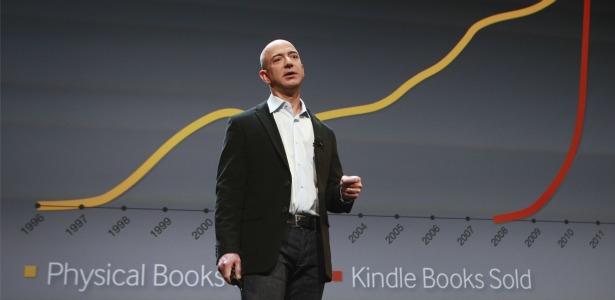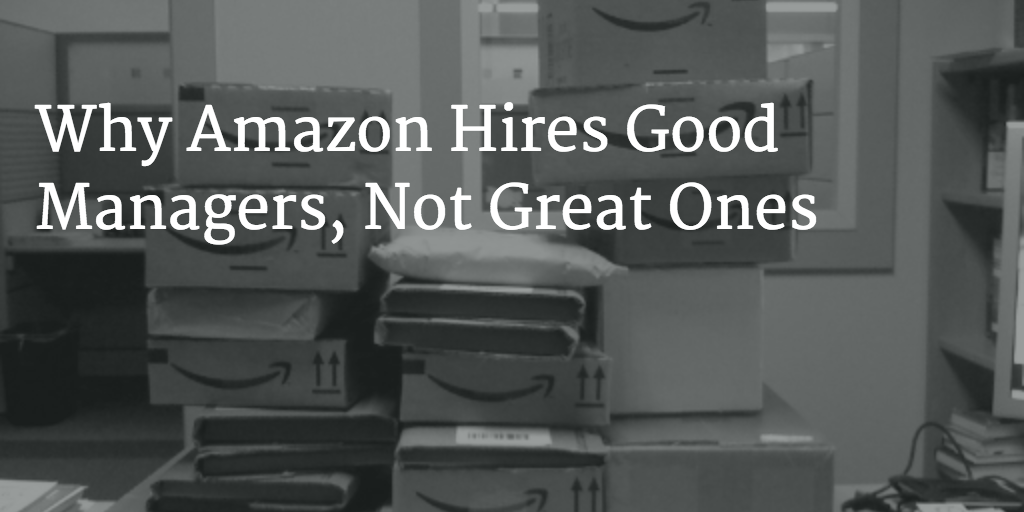By now you’ve heard all about the benefits of building an audience over an email list.
Let say you’ve even set up a Mailchimp account and built an awesome landing page for capturing emails. You’ve targeted the people you want to reach and aggressively marketed your landing page. You’re even starting to see some emails coming in. Your list is growing.
Now what?
One of the biggest challenges entrepreneurs and marketers have with their email list strategy is figuring out how to connect with people once they’ve signed up. Too boring, people unsubscribe. Too sales-y or pushy, people unsubscribe. Bother people too much and they’ll unsubscribe.













